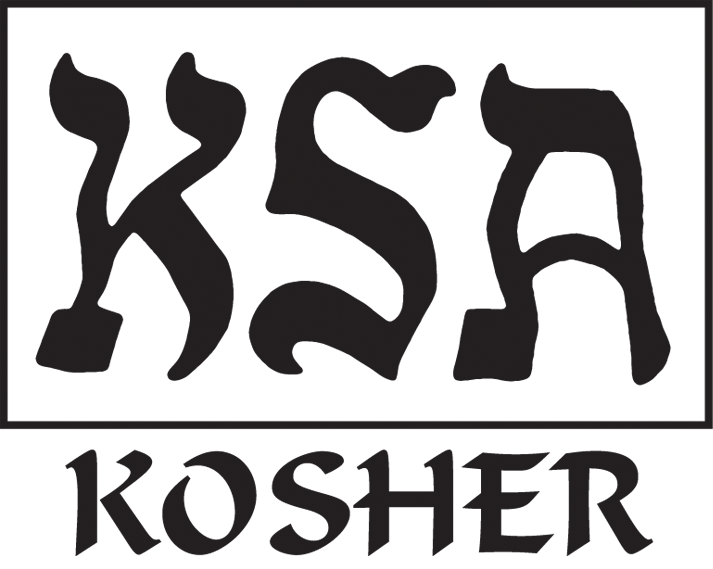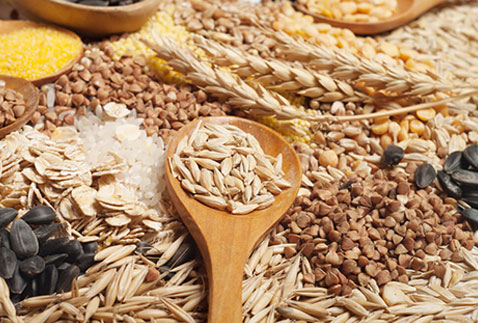Passover and Shavuot, commonly known as the festivals that commemorate, respectively, the Exodus and the Giving of the Torah, each also have a pronounced agricultural element.
The Torah instructs that on the second day of Passover we should bring the first cutting of our barley harvest to the Holy Temple in Jerusalem as an offering to G‑d, and not to partake of that year’s barley crop until that offering is made.
On Shavuot, (this year it falls on Friday and Saturday, May 26 and 27) we are commanded to bring the first of our wheat harvest as an offering to G‑d, and not partake of that year’s wheat until this is done.
In Biblical tradition, barley is primarily animal food. Wheat is the key and ideal human food.
The instruction that we gain from these offerings is:
In each one of us there is a human and a beast, or—in the words of the kabbalah —a “G‑dly soul” and an “animal soul.”
Concerning our animal soul, most of us would agree that a “barley offering” is in order. Obviously, my animalistic passions and desires need taming and binding to the divine. I must therefore offer up my physical drives and desires to be controlled, lest they get the better of me.
I may, however, believe that all intellectual and creative pursuits are good and safe, since they are uniquely human and refined.
The Torah teaches us: No! We must also bring an offering of the first of our “wheat”–our human endeavor—to G‑d. If we do not bind our intellect and creativity to G‑d, no matter how profound and refined our considerations and intentions might be, we risk creating and inspiring falsehood and deception. Not all endeavors inspire positive behavior or attitudes; not every philosophy is helpful or even benign.
Indeed, there is nothing more destructive than bad ideas and beliefs. All the worst evils of the 20th century stemmed not from greed and base animal passions, but from malignant ideologies. Only by shining the light of G-dliness as embodied in the Torah into our souls can we distinguish between the ideas and creations that elevate humanity and those that pollute it.
Each and every one of us must begin every intellectual and creative endeavor by asking: “Does this essay, work of art or music, or activity move the world closer to being a dwelling place for G‑d?”
This is the eternal question asked of each of us regarding our obligation to bring the first fruits offering on Shavuot: “Did I offer the first of my wheat—my humanity—to G‑d?”
May we all merit to receive the Torah anew with joy and inner meaning.

